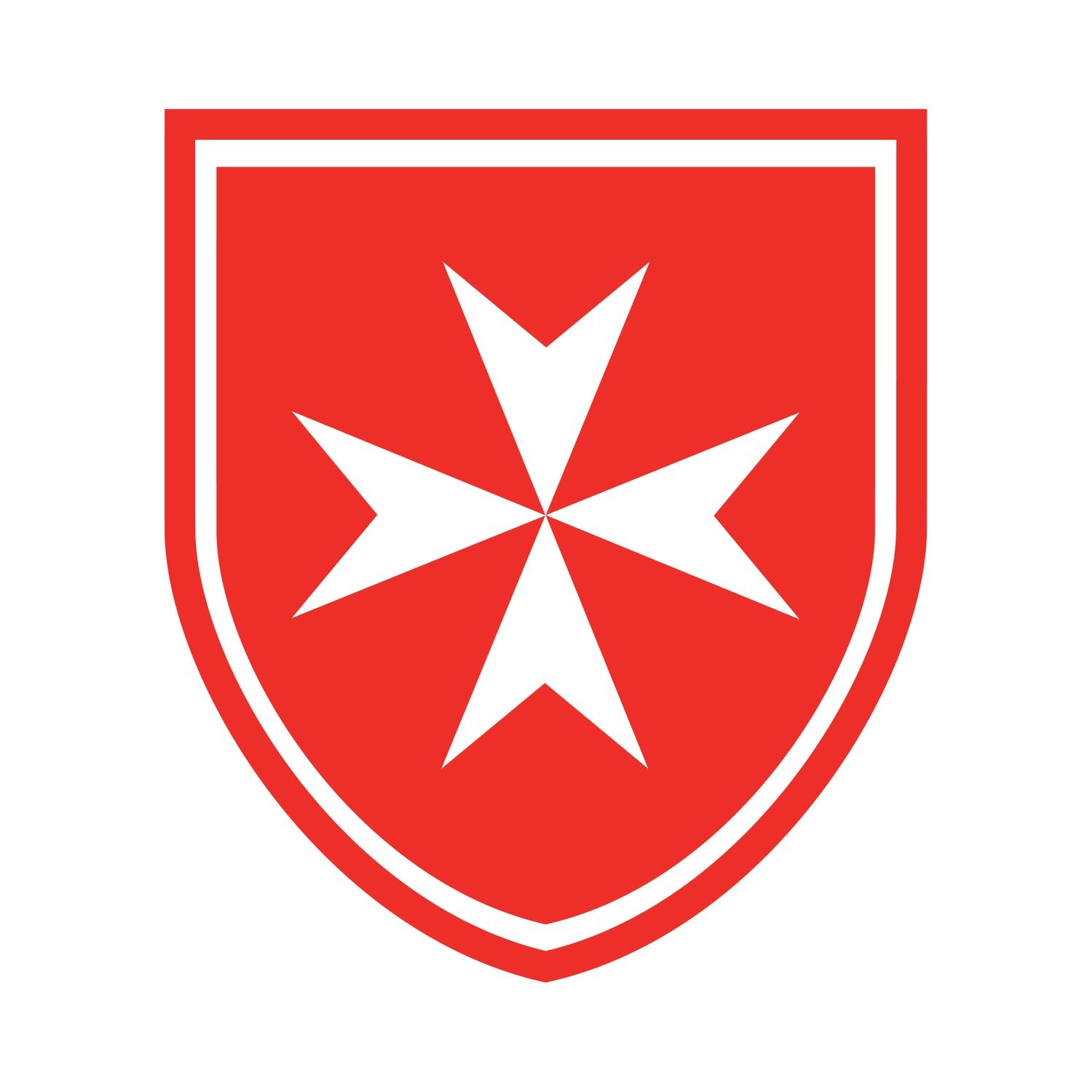BLESSING OF THE EPIPHANY WATER
Last evening, the Vigil of the Epiphany of the Lord, by ancient custom the Church blesses water, the most powerful of the holy water of the Church's year, with powerful exorcisms over the water and the salt, to provided supernatural protection for the faithful against the demons who prowl around to destroy our souls.
A function which belongs to a prelate, the blessing was solemnly celebrated for us by the Abbot of Farnborough, Dom Cuthbert Brogan OSB, at the church of St James Spanish Place, by kind permission of the Rector, who assisted in choir.
Dom Cuthbert spoke beforehand as follows.
I was reminded solemnly in the sacristy that when the order of service says sermon it does not mean sermon, but means instead some short words of instruction. So here we go!...
We celebrate in these days the Epiphany one of the great Theophanies or shewings forth of the God head. So many and so rich are they that the church down the ages has unwoven the various shewings and given them their own feasts or gospels - and so we have the visit of the wise men, the wedding feast at Cana, and the Lord's baptism in the Jordan by John, in Jordane a Joanne - as the antiphon beautifully puts it.
In the baptism all three Persons of the Trinity are revealed - the Father's voice, the spirit as a dove, and Jesus himself goes down in to the waters. But why should he be baptised? He who has no sin. At first John protests, and in a wonderful hymn, Romanus the Melodian, the chief cantor at Hagia Sophia in Constantinople, explains this. John thinks it must be a trick. He knows that in the Old Testament anyone who approached God died on the spot. The psalms tell that they melt like wax who approach God, that the one who tried to save the Ark died on the spot. And so he is naturally reluctant to touch our Lord.
But St Ephrem the Syrian wiring in the fourth century tells us why Jesus went down in to the Jordan. So that he could leave his divine life there. Wherever there is a baptism he says the waters are transubstantiated into the waters of the Jordan and the neophyte, the new Christian, emerges clothed not with Adam's shame but with the restored brightness, the image and likeness of God given him at creation, “quoniam in Jordane lavat Christus ejus crimina.”
The old rituals refer to the ceremonies of this night as being according to the customs of the Oriental Churches. We know how the Orthodox today love to plunge into freezing water to celebrate this feast.
What do we do tonight? With the Church's solemn exorcisms and prayers we bless chalk and salt and water, and we go to our homes armed with these powerful weapons. St John Chrysostom in the fourth century attests to Christians taking holy Water home on this night. And just as the Israelites marked their doors with blood as a sign of salvation so we chalk our doors with the holy cross and the letters CMB - meaning Caspar Melchior and Balthasar - the three wise men - asking also God's blessing for the coming year. CMB also can mean Christus Mansionem Benedicat - may Christ bless this house.
So there you are - now duly instructed, we proceed to the sacred ceremonies.
The ceremony may be watched in the video below. It begins at 1:13:23.

